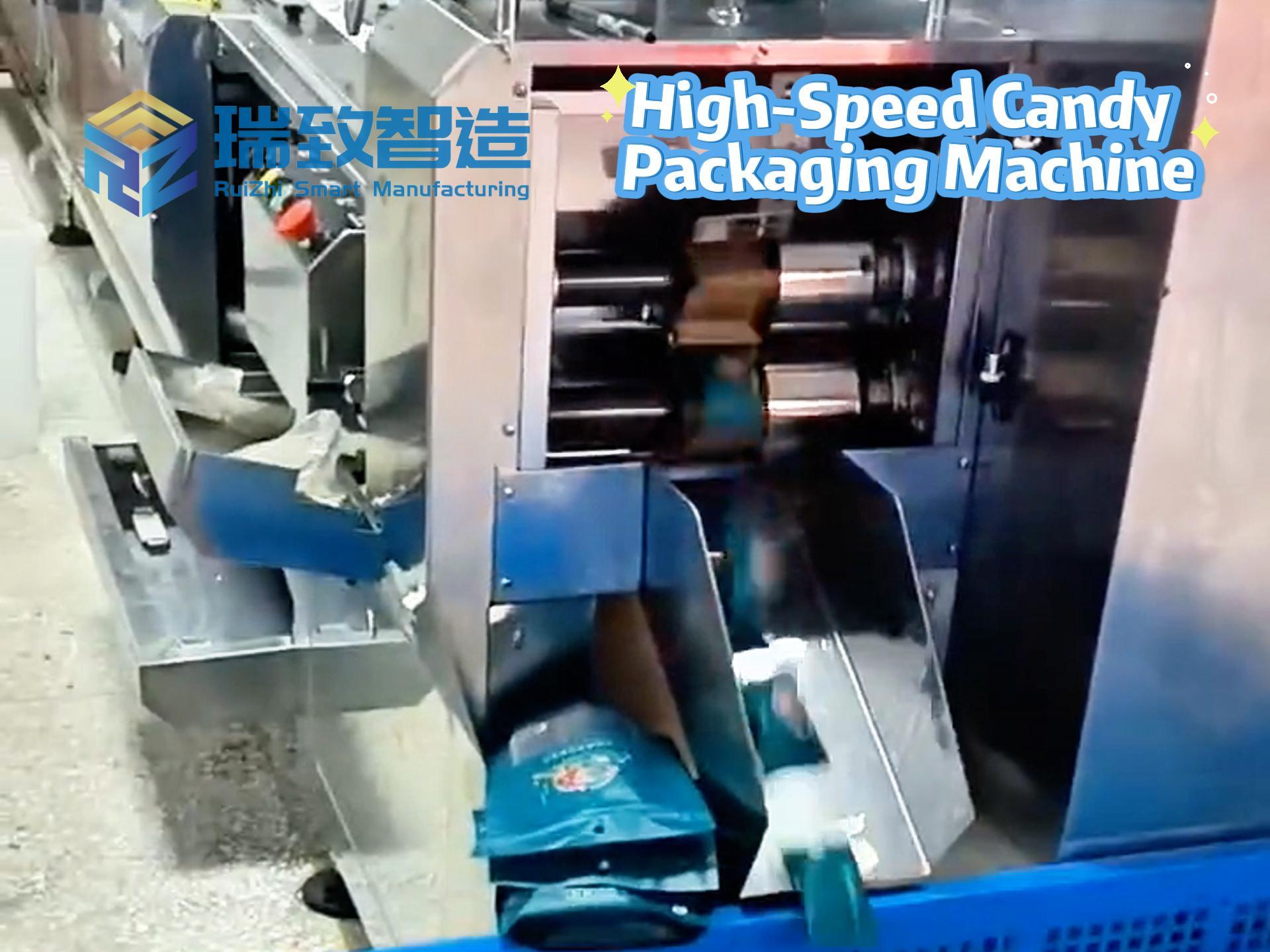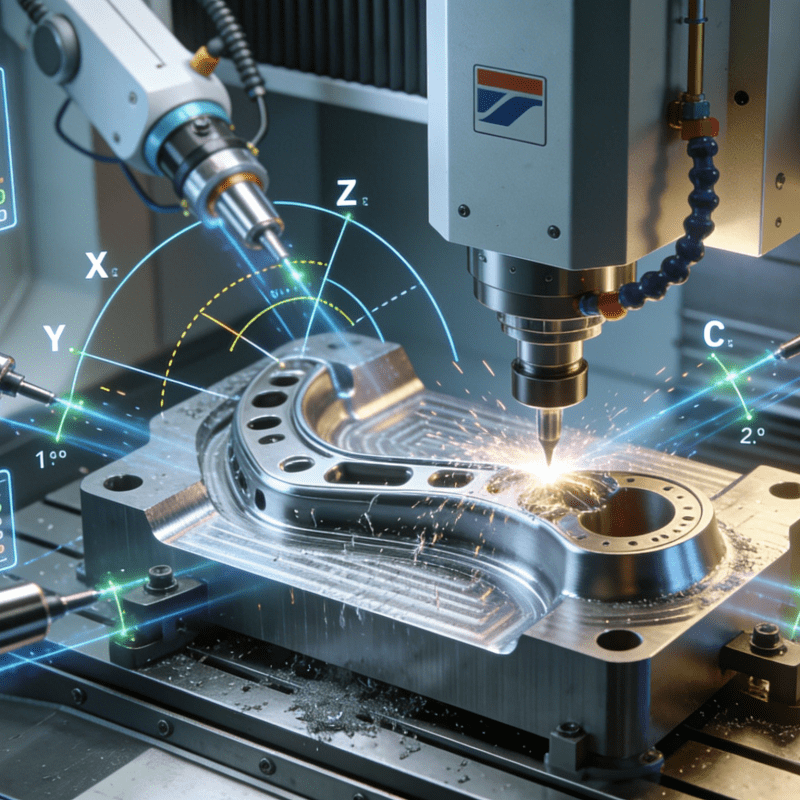Table of Contents
ToggleRevolúcia umelej inteligencie v Amazone: Inteligentná automatizácia pretvorí pracovnú silu

Amazon CEO Andy Jassy has sounded a clarion call for employees to embrace artificial intelligence, warning that intelligent automation will shrink the company’s corporate workforce in the coming years. As the tech giant integrates AI across its operations—from industrial automation in fulfillment centers to intelligent automation in corporate workflows—Jassy’s memo highlights a pivotal shift: the line between human labor and automated systems is blurring faster than ever. Unlike traditional automation equipment that streamlines physical tasks, AI-driven intelligent automation now targets cognitive work, forcing a radical redefinition of job roles.
In a memo to staff, Jassy stated, “We expect that using AI extensively will reduce our total corporate workforce as we gain efficiency.” The message is clear: Just as industrial automation transformed manufacturing by replacing repetitive physical labor, intelligent automation is now poised to revolutionize knowledge work.
AI at Scale: From Warehouses to White-Collar Jobs
Amazon’s 1.5 million-strong workforce includes 350,000 in office roles—precisely the positions most vulnerable to intelligent automation. The company is already using AI to:
- Streamline Seller Operations: Half a million sellers leverage Amazon’s AI tools to generate product listings, automating tasks once done by marketing teams.
- Optimize Advertising: AI-driven tools help brands plan campaigns, mirroring how automation equipment optimizes warehouse inventory management.
- Transform Customer Service: A revamped AI chatbot handles queries, reducing reliance on human agents.
This mirrors a broader trend: Dario Amodei of Anthropic warns AI could eliminate half of entry-level white-collar jobs, while “AI godfather” Geoffrey Hinton notes, “If AI can do mundane intellectual labor, what new jobs will it create?”
The Dual Role of AI: Enhancer and Disruptor
Jassy frames AI as a tool for innovation, not just cost-cutting. “Agents”—AI systems that perform tasks on behalf of users—will handle routine work like shopping and data entry, freeing employees for strategic roles. This echoes how industrial automation created new jobs for technicians to maintain automation equipment, even as it reduced assembly-line roles.
But the transition won’t be seamless. Amazon’s corporate workforce must adapt from executing tasks to overseeing AI systems—similar to how factory workers shifted from operating machines to programming industrial automation systems.
Preparing for the Intelligent Automation Era
Jassy urges employees to “be curious about AI,” attend trainings, and experiment with tools. Those who master AI—whether building agents, analyzing data, or optimizing workflows—will thrive. The memo cites Alexa+, AI shopping assistants, and AWS’s AI tools as examples of where intelligent automation is already making an impact.
This aligns with Amazon’s history: From disrupting retail to leading cloud computing, the company has always thrived on technological change. Now, intelligent automation represents the next frontier.
Conclusion: Navigating the Intelligent Automation Divide
Jassy’s memo underscores a broader truth: The rise of intelligent automation isn’t just about replacing jobs; it’s about redefining the human role in a world where AI handles routine tasks. For Amazon, this means shifting from a workforce reliant on traditional roles to one that collaborates with intelligent systems—much like how industrial automation created new roles for technicians and engineers.
The challenge for employees and employers alike is to view intelligent automation not as a threat, but as a catalyst for evolution. As Amazon demonstrates, the companies that thrive in this era will be those that blend AI’s efficiency with human creativity—understanding that the future belongs not to those who fear automation, but to those who master the art of working alongside it. For the 350,000 office workers at Amazon and millions more worldwide, the message is clear: Adapt to intelligent automation, or risk being left behind in the age of AI-driven transformation.




















